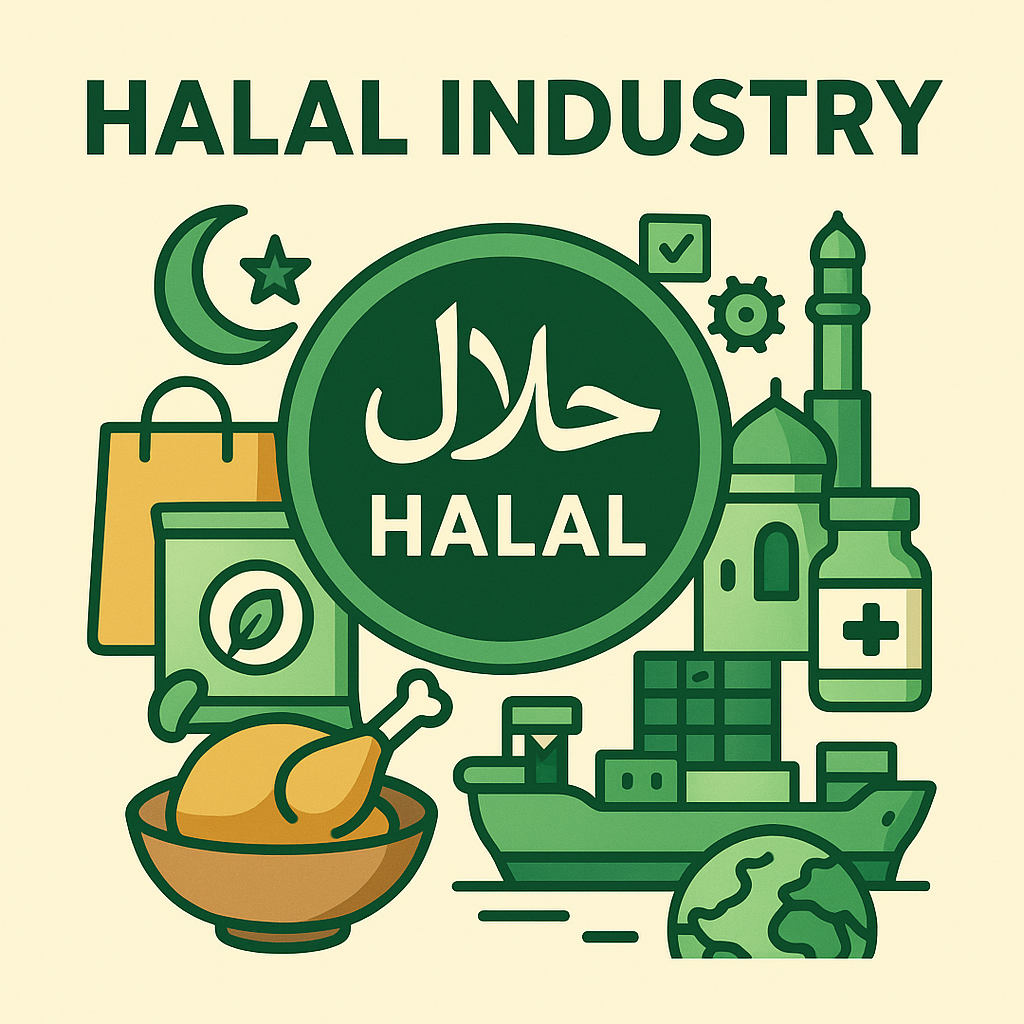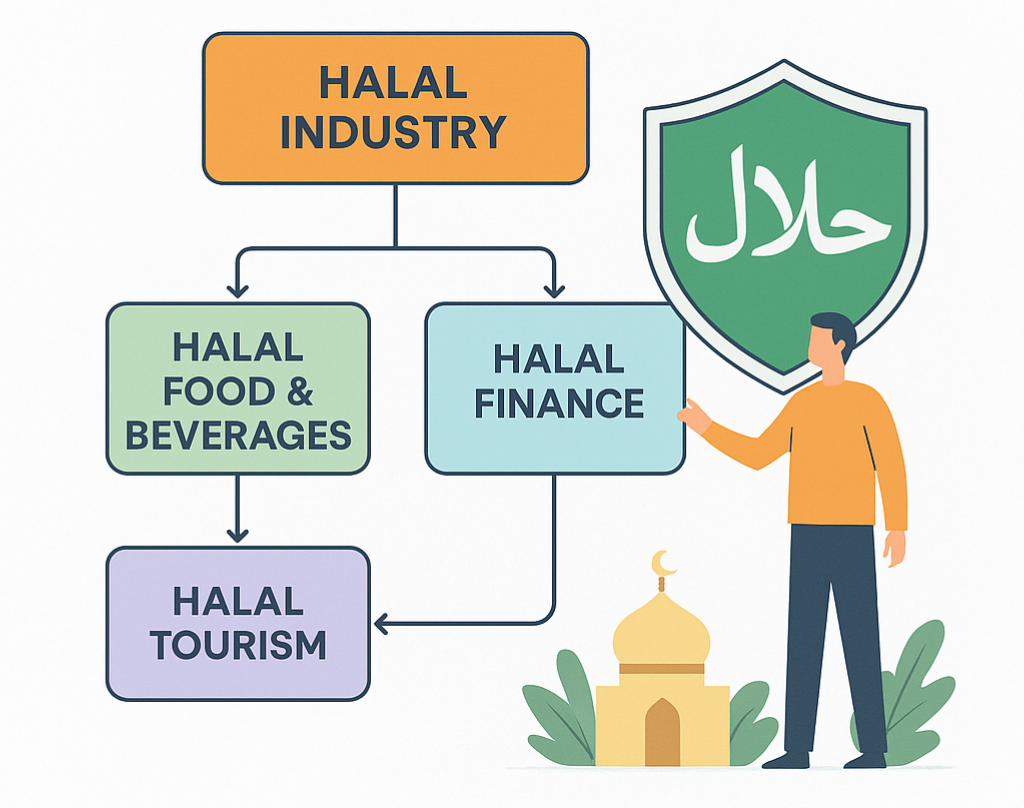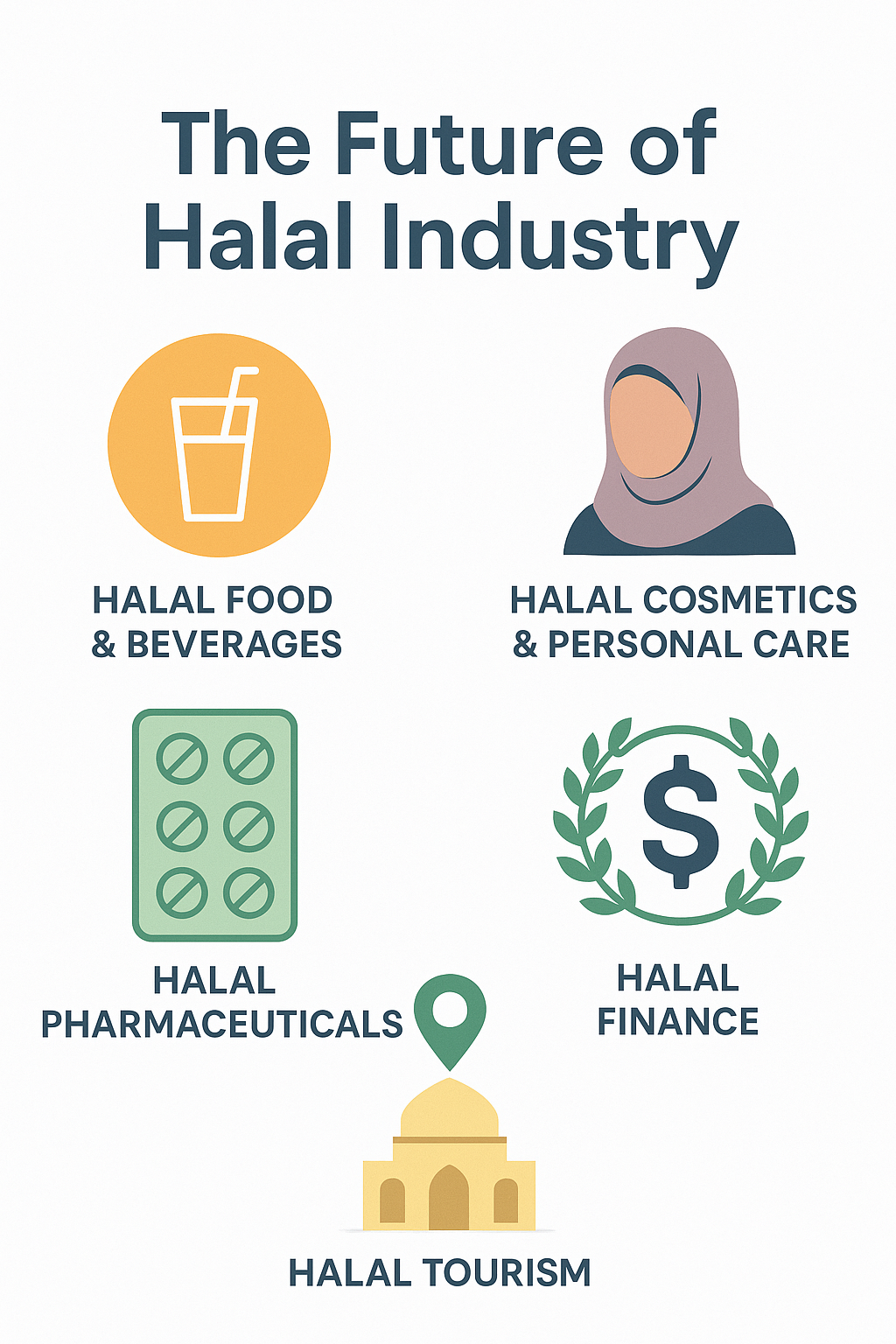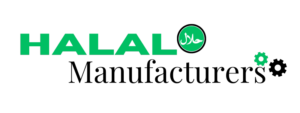What Is the Halal Industry and Why It Matters

BRIEF INTRO ABOUT HALAL MANUFACTURERS AND THE HALAL INDUSTRY
At Halal Manufacturers, we believe that halal is more than just a label — it’s a promise of trust, quality, and ethical responsibility.
The halal industry today stands as one of the fastest-growing and most influential sectors in the global economy, shaping how companies produce, trade, and innovate with integrity and respect for faith and humanity.
Halal Manufacturers was created to bridge the gap between authentic halal producers, suppliers, and global buyers. Our mission is to ensure that halal-certified products reach every corner of the world — promoting transparency, reliability, and fair business practices in the halal supply chain.
UNDERSTANDING THE HALAL INDUSTRY
The Halal Industry encompasses all products and services that comply with Islamic law, ensuring that they are lawful, ethical, and pure throughout every stage — from sourcing of ingredients to final consumption.
Although halal is most commonly associated with food, its scope is far broader. Today, halal certification covers a wide range of sectors:
-
- Food & Beverages
- Pharmaceuticals & Healthcare
- Cosmetics & Personal Care
- Fashion & Textiles
- Finance & Banking
- Tourism, Logistics, and Supply Chain
For a product to be halal, it must meet specific religious and ethical criteria — including the absence of pork, alcohol, or harmful substances; humane animal treatment; proper slaughtering methods; and strict hygiene and segregation practices.
The concept of halal is often complemented by “tayyib”, which means pure, wholesome, and safe. Together, Halal and Tayyib represent not only religious compliance but also a global benchmark for quality, safety, and sustainability.
Today, halal certification is becoming a universal language of assurance, reflecting transparency, health, and integrity — values that appeal to consumers worldwide, regardless of religion.
WHY THE HALAL INDUSTRY MATTERS
A Matter of Faith
For Muslims, halal is a moral and spiritual duty. It represents a way of life that ensures integrity in what they consume, wear, and use. Halal certification provides confidence that a product aligns with their beliefs, offering peace of mind and respect for religious values.
A Fast-Growing Global Market
With over 1.9 billion Muslim consumers and a projected market size exceeding USD 7 trillion by 2030, the halal economy is growing rapidly.
Interestingly, non-Muslim consumers are also turning to halal products for their cleanliness, quality, and ethical sourcing, making halal not just a religious concept but a global mark of trust.
Health, Safety, and Transparency
Halal-certified products guarantee traceability and hygiene from farm to shelf. Each step of the production process — from raw materials to packaging — is monitored, ensuring that the end product is safe, healthy, and free from contamination. These standards exceed many conventional safety systems used globally.
Ethics and Sustainability
The principles of halal naturally align with ethical trade, animal welfare, and environmental protection. It promotes fair treatment of workers, responsible sourcing of ingredients, and eco-friendly manufacturing processes — encouraging a balance between consumption and care for the planet.
Economic Growth and Empowerment
The halal industry supports millions of livelihoods worldwide — from local farmers and small manufacturers to exporters and multinational corporations. It creates opportunities for SMEs to expand globally, fostering inclusive economic development and reducing inequality.
Gateway to Global Trade
Obtaining halal certification gives businesses a passport to international markets, especially across the Middle East, Southeast Asia, Africa, and Europe.
For manufacturers, it’s not only about compliance — it’s about building credibility, expanding reach, and gaining consumer trust in a market that values integrity.
Innovation and Modernization
Modern halal is no longer limited to food or traditional sectors. It’s an innovation-driven industry, integrating AI, blockchain, biotechnology, and sustainable packaging to improve transparency, authenticity, and global traceability.
OVERCOMING CHALLENGES
Despite its global success, the halal industry still faces challenges such as:
- Different certification standards across countries
- Traceability and labeling inconsistencies
- Lack of global awareness about halal benefits
- Limited digital integration in the certification process
However, global organizations and halal authorities are now working together to establish unified international halal standards.
Digital tools such as blockchain and QR-based traceability are helping manufacturers, consumers, and regulators maintain transparency, ensuring authenticity across borders.
At Halal Manufacturers, we play a key role in overcoming these challenges by connecting certified producers with verified buyers — fostering trust and seamless trade.
THE FUTURE OF THE HALAL INDUSTRY

The halal industry is entering a new era of innovation, inclusivity, and sustainability.
With advancements like digital halal tracking systems, AI-based certification management, and eco-conscious halal products, the future looks promising.
Emerging sectors such as halal fashion, halal cosmetics, halal pharmaceuticals, and halal tourism are redefining how the world perceives halal — transforming it from a niche market to a mainstream global lifestyle.
Moreover, as global consumers become more health- and ethics-conscious, halal products are being recognized as symbols of purity, wellness, and responsible consumption.
SUMMARY
The halal industry stands at the intersection of faith, quality, and global progress.
From food to finance, it represents a complete ecosystem that values purity, ethics, and transparency — benefiting both Muslim and non-Muslim consumers worldwide.
As technology, innovation, and collaboration continue to shape its future, halal is emerging as a universal symbol of trust and integrity, setting new standards for how the world produces and consumes with conscience and care.
